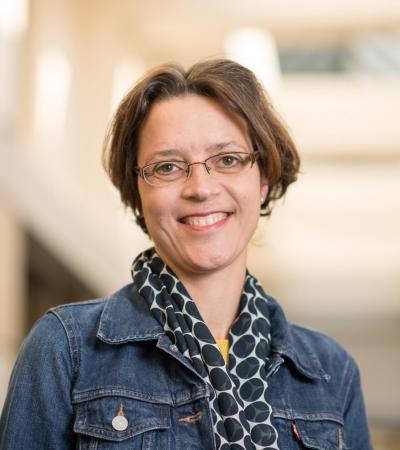Engaging Development and Religion: Methodological Groundings

Religion is no longer a neglected dimension in development studies. Not only has the literature on religion and development blossomed over the last decade, but partnerships between international development institutions and faith communities have also multiplied. Yet, little is said about how such engagement is to take place beyond reference to general principles, and beyond the instrumental use of religion for achieving predetermined international development goals.
In a new paper, Augusto Zampini and I propose a methodological grounding for engaging development and religion at the normative level based on Amartya Sen’s capability approach and Pope Francis’s encyclical Laudato Si’: On Care of Our Common Home. Addressed not just to Catholics but to every human being, the encyclical urges a redefinition of the meaning of development and contains a potentially fruitful methodological proposal for engaging development and religion.
We analyse how such a methodology has been applied in a Catholic Agency for Overseas Development (CAFOD) exercise to facilitate a global dialogue on development and religion in different geographical contexts. We also examine how Sen’s normative conceptualisation of development and proposal for dialogue and reason about values—including religious ones—could be suitable to overcome limitations of the Laudato Si’ methodology.
Séverine Deneulin
This profile was current as of 2018, when she was part of the on-campus Kellogg community.
Séverine Deneulin (DPhil, University of Oxford), a Kellogg visiting fellow for the 2017–18 academic year, is associate professor in International Development at the University of Bath, where she teaches in the MSc in International Development and Professional Doctorate in Policy Research and Practice programs...
Read More





